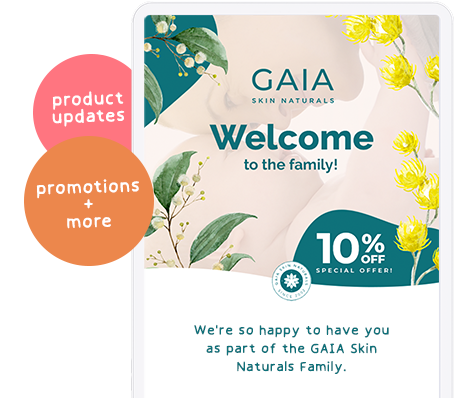Babies often develop preferences for one parent over another, commonly starting from around 4 months of age. Closer to 7 months, nearly all babies develop separation anxiety. Both of these behaviours stem from the same foundation – emotional attachment.
Often, there’s no obvious reason why babies start showing their preference for one parent and just one day they develop a favourite. If the baby is breastfed, their preference is mostly mummy, though which parent a baby prefers will often change as they grow older and reach new developmental stages.
But it makes me sad when my baby doesn’t like me!
It’s completely normal for a parent to feel left out when their baby doesn’t seem to like them. Then, instead of being greeted with excitement, their baby seems far from happy. It’s also common for even the gentlest reassurances and encouragement not to make any difference. Depending on a baby’s age and stage of development, they can be quite intense when they protest.
It can help to remember that babies take some time to learn who they can trust and who will best meet their needs. Over time and with lots of practice, they learn how to be social and adapt more easily to different caregivers.
What’s the point?
Over time, there’s a tendency for the less preferred parent to give up and just not bother trying to do anything for the baby. This increases the risk of the favoured parent becoming the one who then needs to do everything, further reinforcing their position as the ‘uber’ caregiver. Commonly, this favoritism leads to resentment and even conflict in the parents’ relationship, especially when sleep deprivation is also present.
Remind yourself of these facts
Try to use logic when facing this situation. Although your baby’s behaviour may be hard to accept, they really can’t understand how their behaviour may be upsetting you. It takes time for little people to build skills in empathy towards others. Until then, most young children, particularly babies, are self-absorbed and egocentric. They may sense you feel sad but aren’t old enough to be empathetic or to support you.
Remember that:
- Your baby doesn’t hate or even dislike your partner. They’re just being a baby and they’re learning about the world and the people in it.
- Neither of you have done anything wrong. Human beings are complex and we tend to look for answers to explain all sorts of thing. Sometimes we just don’t know why babies do what they do and importantly, they don’t know themselves.
- It pays for both parents to keep consistently involved and visible. As long as your baby can see you and your partner and you’re around, they’re learning that you’re both still part of their life. Just be your normal selves and don’t let your baby’s behaviour dictate what you do.
- Give your baby some choices about who holds them and when. But be prepared for those ‘take charge’ moments when you will need to hold them and do things for them. Even if they protest and aren’t happy, you will often need to be the bigger, wiser and stronger parent. Check Circle of Security - COS for more details.
- Aim for interactions which are fun for all of you. Sitting on the floor with your baby, looking at toys and books and just being with them will help to build connection. Make up games which involve all of you.
Why does my baby only want me?
Sometimes babies grow through developmental stages which influence their preferences. They’re learning new things and just want the reassurance of one person. It can help to remember that babies and young children are highly motivated to seek connection with the people who are best placed to ensure their survival. Your baby’s separation anxiety is a sign of their attachment to you. In many ways, it’s also an indicator of what a good job you’ve done in building your relationship.
A baby’s individual personality and temperament also influence how they respond to others. Some babies are more timid, take longer to ‘warm up’ and aren’t as flexible in adapting to change.
Some babies are happy just being held by whoever is close by, others are choosier when it comes to getting up close. Tiredness, hunger, boredom or anxiety generally add to a baby’s need to stay close to an adult they feel very connected with.
5 Tips for sharing the love
Often there’s no obvious reason why babies develop parental preferences. Most of the time separation anxiety is a developmental phase and settles without any specific management.
In the meantime, you could try these things:
- Consider the world from your baby’s perspective. Have there been any changes in their routine, are they unwell or growing through a new developmental phase?
- Be patient, kind and understanding. You cannot change your baby’s behaviour or force them to like the other parent. This will come.
- Plan for some time when you are not around and your partner is the sole carer for your baby.
- Consider your own emotions when your baby is displaying separation from you. If you are feeling anxious or need them to stay close, they’re more likely to want to stay physically connected to you.
- Keep your separations brief to start with. Let your baby see you return to them without making a big fuss. Being matter of fact about coming and going is often helpful and supports building trust.
Check in with your healthcare professional if you’re worried about any aspect of your baby’s behaviour.
Written for GAIA by Jane Barry, Midwife and Child Health Nurse, November 2024.



